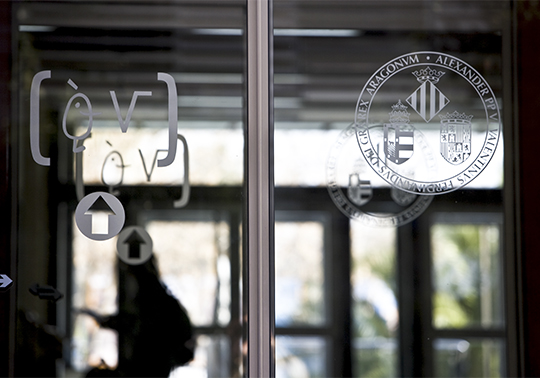
El Professor Laureno Escudero Garcia de la Universidad Rey Juan Carlos de Madrid, Impartirà la conferència "Tendencies on Stochastic Optimization. Models, algorithms and computational results of some real-life problems.".
Día: 18-05-2018,
Hora: 12:30
Lloc: Saló de Graus Facultat de Ciències Matemàtiques
Abstract
Mathematical optimization can help the decision making process in many situations and different sectors. Very frequently, the information for problem solving (mainly in dynamic ones, i.e., planning along a time horizon) is not known with certainty. In those cases, the discipline Computational Mathematical Optimization under Uncertainty has a key role on the decision support systems. In this lecture we consider the type of problems we have been involved with long a scientific career (in production planning and sequencing, supply chain management and logistics, other problems in industry, transport, energy, finance, air traffic, disaster relief, etc.) as well as the new trends that are emerging for a better help on decision making. Those trends are related to the following areas: (1) Strategic and operational uncertain parameters treatment in representative scenario trees, mainly in infrastructure capacity expansion planning; (2) Time-consistent and time-inconsistent risk averse measures for preventing solutions that could negatively impact in non-high probability high cost scenarios (frequently, the so-named black swan scenarios); (3) Diminishing the worst case impact by considering risk reduction in (distributional as well) robust optimization; (4) Decision-dependent uncertainty reducing (so-called endogenous uncertainty); (5) Role of mathematical optimization under uncertainty in equilibrium problems, such as pricing, biding, counterattacks (i.e., let us name it stochastic bilevel optimization); and (6) Given the enormous model (linear and nonlinear, continuous and integer, single-function and multi-function) dimensions (very frequently, up to hundreds of thousands of constraints and variables), it is unrealistic to seek for optimal solutions, so, parallelizable decomposition matheuristic algorithms (i.e., guaranteeing the solution’s quality) are a must. Finally, up to the allowed time for the lecture, computational experience is reported on some large-sized real-life problems by considering some of the above trends.






